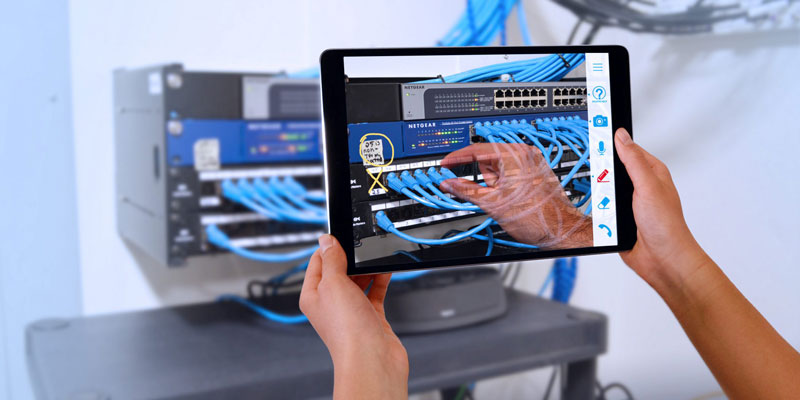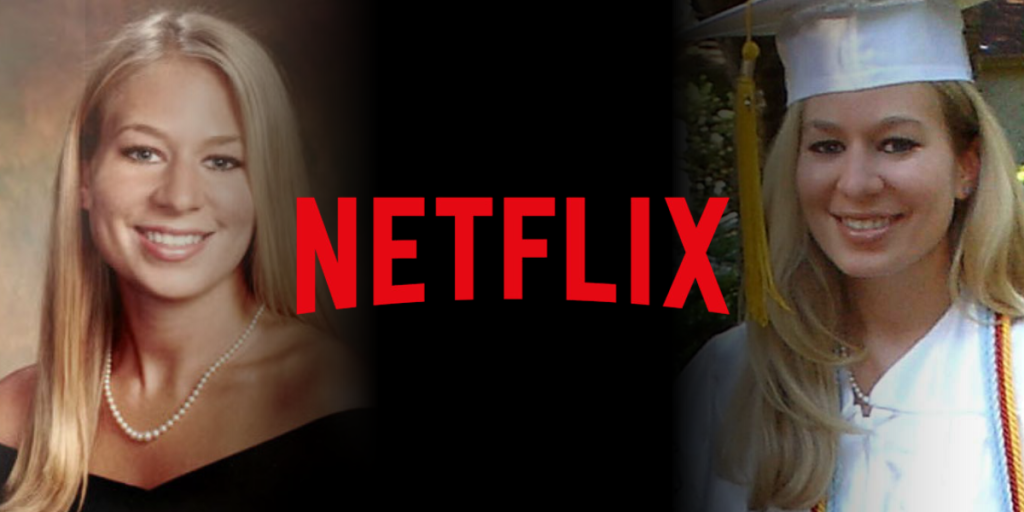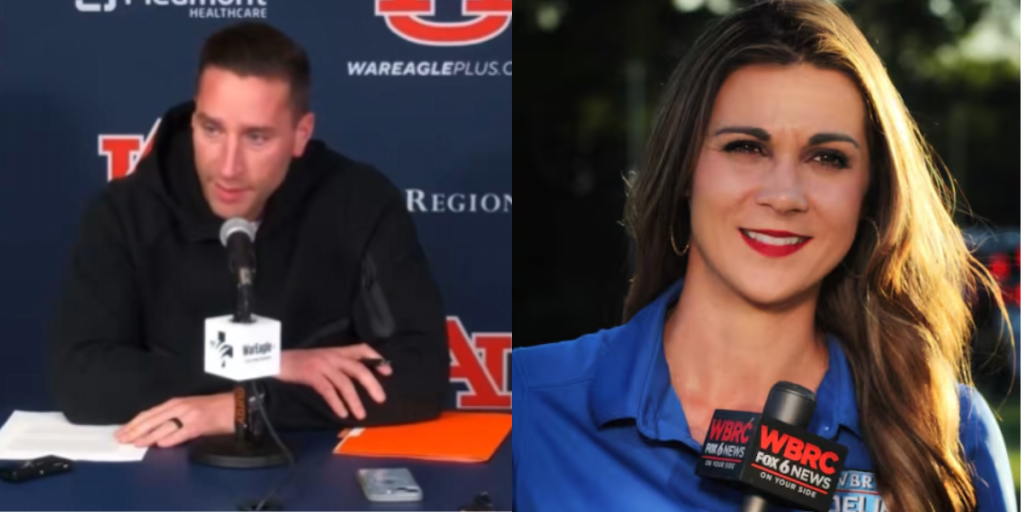During the COVID-19 outbreak, many companies are wrestling with the challenges of travel bans and social distancing practices, but one Birmingham firm is offering a way to keep business operations going through mobile augmented reality technology.
Help Lightning’s high-tech solution allows technicians to remotely guide on-site equipment repairs and perform other mission-critical tasks for customers in manufacturing, health care and other industries.
Though the company’s services were in demand before the coronavirus crisis began, interest has surged in recent weeks, according to Help Lightning CEO Gary York.
“In the last month alone, the number of calls made using Help Lightning increased over 400 percent as existing and new customers ramped up to deliver expertise remotely,” he said.
Earlier this month, Atlanta-based Cox Communications, the nation’s largest private telecom company, announced a partnership with Help Lightning to launch its “On-site with Virtual Assist” service.
With Help Lightning’s technology, Cox said its technicians can handle service requests from outside a customer’s home, without the need to go inside to troubleshoot a repair, protecting both the customer and the technician.
York said Help Lightning technology assisted a company in hard-hit Italy.
“One customer had a critical piece of equipment go down in Milan right when Italy started their lockdown,” he said. “Using Help Lightning, they were able to get it back up without sending someone – even faster than if they had dispatched a technician. They avoided exposure of their employee to the virus and resolved the problem.”
Greg Canfield, secretary of the Alabama Department of Commerce, said Help Lightning is a prime example of an innovative Alabama technology firm that is providing real-world solutions to the disruptions caused by the COVID-19 pandemic.
“Help Lightning and its cutting-edge technology are helping many businesses overcome difficult conditions in today’s challenging times, while demonstrating to the world that a high level of innovation is taking place in our state,” Secretary Canfield said.
ACCELERATING ADOPTION
Help Lightning actually got its start through the work of Dr. Bart Guthrie, a neurosurgeon at UAB Medical Center and prolific inventor who wanted to share life-saving surgical techniques with doctors in other parts of the world. He knew that simple video wouldn’t do the trick given the complexity of the surgical procedures.
Guthrie would need to be there “virtually,” with his hands and instruments in the field of view, to guide another surgeon remotely.
York said Help Lightning’s patented Virtual Interactive Presence technology represents the outcome of Guthrie’s work. (Guthrie, who is still at UAB, remains a member of the company’s board.)
It didn’t take long to realize that brain surgery wasn’t the only application for the technology. In fact, the company, which launched in 2016, found an immediate market in companies conducting field service and customer service activities.
“Anywhere that an organization had to send out a technician to repair a piece of equipment, Help Lightning could be used to virtually bring an expert on-site and guide a technician or customer through the repair,” York said.
Today, Help Lightning serves Fortune 1000 companies that have a presence in over 90 countries around the world.
York said the COVID-19 pandemic is accelerating adoption of its remote expertise platforms.
“I absolutely believe that business is being changed forever. Many of these changes were being adopted by more forward-thinking companies over the past four years,” he said. “This crisis has become the catalyst for adoption and use of remote expertise solutions. The pandemic has been an inflection point.”
York said the technology is allowing some companies to keep their workers on the job by shifting them to provide remote service. “We feel there is an opportunity to save jobs at times like this when you can’t be there in person.”
True to its roots, Help Lightning is being used in hospitals to perform virtual pre-surgical patient visits, reducing the risk of spreading infection and the need for scarce personal protective equipment.
“Help Lightning serves many major medical device companies that are ramping up now to support more testing and to deliver critical medical equipment,” York said. “A few of our customers have declared Help Lightning as an ‘Essential Business’ in their supply chain. We are glad to do our part to bend the curve on the impact of the virus and to blunt the impact of the economic downturn.”
York added that Help Lightning, based at the Innovation Depot technology incubator, remains anchored in Birmingham. The company has 30 employees, most of them located in Birmingham.
“Birmingham is home for me. We have received tremendous support from our community as we have raised funds, sought top talent, and grown to support companies all over the world,” he said. “Innovation Depot is a treasure for our city. And our community always seems to come together to make Birmingham a better place to live.”
(Courtesy of Made in Alabama)













